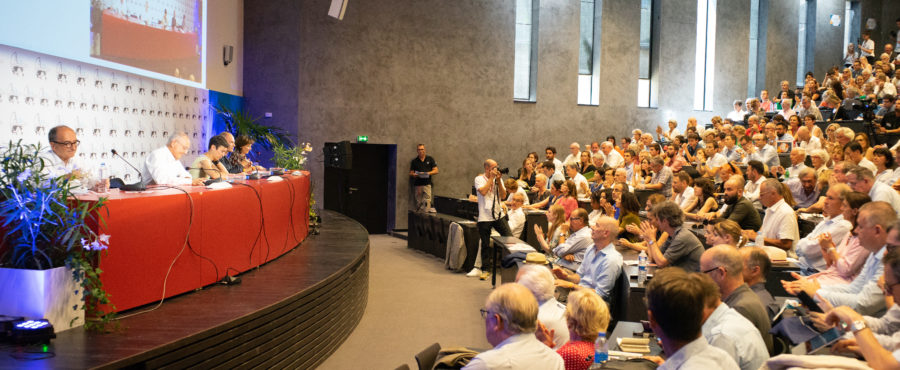7 Jul 2019
What is the Future of Democracy?
Session 34

Distrust towards institutions and political representatives, the rise of populism and nationalism in Europe and the world: people have never seemed so reluctant to accept democratic institutions and processes at the national and international levels. After the fall of the Berlin Wall, the “End of History” seemed to indicate a rapid and irreversible spread of democratic and liberal dogmas. With the economic crisis of 2008 and its aftermath, that time seems to have passed. Is the decline of liberal democracy a perception or a reality? What would be the economic and political impacts of the diffusion of undemocratic regimes?
Beyond the spread of undemocratic ideals, there is a major ambivalence: attachment to democratic values and principles no longer seems to oppose the radical questioning of the functioning of democracy and its actors. How can this paradox be explained? Is the economic and political effectiveness of democracy challenged by populist and autocratic experiences? How to revive democracy? Can we imagine new models?
Contributions
Session 34 « What is the Future of Democracy ? »
Distrust of institutions and political representatives, the rise of authoritarian regimes in Europe and the world: People have never seemed so sceptical about the effectiveness of democratic institutions and processes at the national and international levels. This trend is global: A growing share of the population, especially among young people, shows its lack of attachment to democratic principles and a form of admiration for authoritarian regimes.
Download






















































































